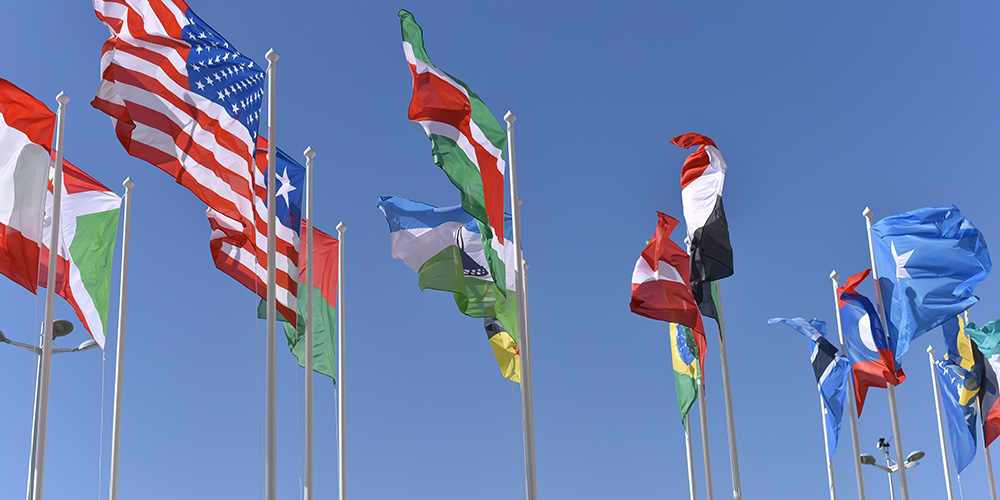Although the coronavirus known as SARS-CoV-2 does not infect nerve cells, it can cause damage to the nervous system. Researchers from the University of Basel and University Hospital Basel have studied the mechanisms responsible for this effect, known as “neuro-Covid”, and identified starting points for its prevention.

An interdisciplinary research team from the University of Basel and the University Hospital Basel has studied the effects of the Covid-19 booster vaccination on the heart muscle. According to their findings, which have not yet been peer-reviewed, mild damage is more common than previously thought. Cardiologist Professor Christian Müller talks about the results in an interview.

Researchers at the University of Basel have uncovered a cell-intrinsic mechanism that controls the appropriate number of T cells in the organism and thus ensures that the immune system functions properly. This mechanism has also been found in slime molds, suggesting that this regulation of cell density is evolutionarily conserved.

Cancer cells use sugar molecules on their surface to disable attacks by the body’s immune system. Researchers at the University of Basel now report on how this mechanism can be neutralized.

Cells can generate vesicles as a response to changes in their environment. Although such cell-derived vesicles have great potential for biomedical research, their membrane is fragile and they have tendency to cluster together. Researchers at the University of Basel have successfully introduced a strategy to overcome these issues by equipping the vesicular membrane with a stabilizing shell.

The President’s Board of the University of Basel has appointed Professor Anne Géraldine Guex assistant professor of oral implantology. The assistant professorship will be based at the University Center for Dental Medicine Basel (UZB) and will be funded by Basel entrepreneur Dr. Thomas Straumann.
Threat or salvation? The way in which people judge globalization depends on their own experiences. They carry more weight than forecasts of potential gains. This has been shown in an experiment by researchers at the University of Basel.

The heart disease arrhythmogenic cardiomyopathy can lead to sudden death, particularly affecting young athletes. Researchers at the University of Basel have now genetically modified mice, which develop a similar disease to that found in humans. This allowed the team to identify previously unknown mechanisms and potential therapeutic targets.

The University of Basel is strengthening its expertise in Gender Studies with a new professorship: the University Council has appointed Bianca Prietl as Professor with a focus on digitalization.
